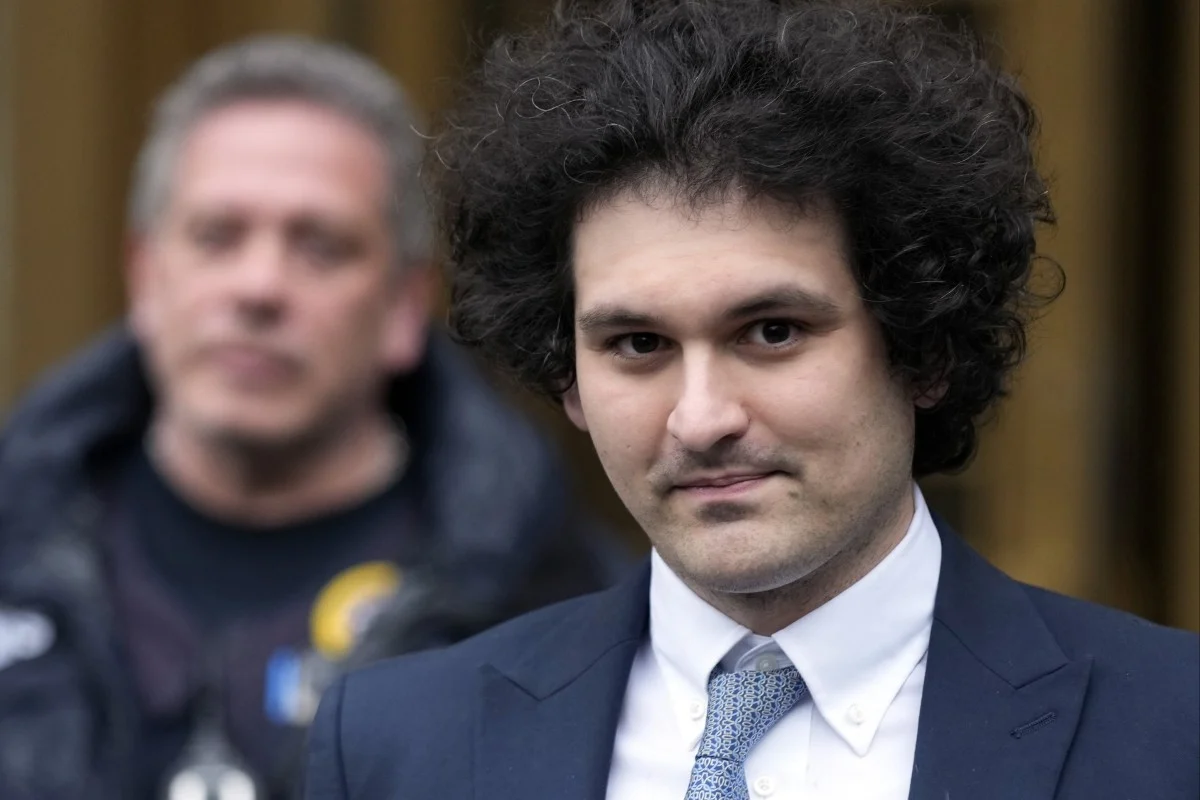In a significant development surrounding the collapse of the FTX cryptocurrency exchange, prosecutors have recommended a sentence of 40 to 50 years for founder Sam Bankman-Fried. Labeling it “likely the largest fraud of the last decade,” this proposed sentence aims to address the monumental scale of the crime, which affected over 1 million victims and incurred losses exceeding $10 billion.
A Case of Unprecedented Magnitude
The recommendation falls below the 100 years outlined in US criminal sentencing guidelines but is substantially higher than the 6 1/2 years proposed by Bankman-Fried’s defense team. Prosecutors underscored the defendant’s deliberate disregard for the law across every aspect of his business operations, characterizing his actions as a demonstration of “brazen disrespect for the rule of law.”
The Trial and Conviction
Bankman-Fried was convicted in November of seven charges, including wire fraud and conspiracy, linked to his direction of customer funds from FTX to Alameda Research, an affiliated hedge fund. This misuse of funds covered risky investments, political donations, and luxury real estate purchases, leading to the companies’ eventual bankruptcy in 2022. Several of Bankman-Fried’s former colleagues, seeking leniency for their admitted crimes, testified against him during the trial.
The sentencing, set for March 28 by US District Judge Lewis A. Kaplan, has been influenced by Bankman-Fried’s contentious interactions with the judge, particularly regarding his pre-trial conduct while under house arrest. Prosecutors also highlighted Bankman-Fried’s “unmatched greed and hubris,” noting his significant political donations and alleged bribes to Chinese government officials as aggravating factors.
Defense and Detention Conditions
Bankman-Fried’s defense has labeled the potential century-long sentence as “grotesque” and “barbaric,” arguing that it misrepresents the nature of the losses incurred. Since his August confinement in the Metropolitan Detention Center in Brooklyn, Bankman-Fried’s lawyers have raised concerns about his access to necessary medications and dietary requirements, noting his significant weight loss during detention.
This case stands as a landmark in the crypto industry, not only for the scale of the fraud but also for its implications for cryptocurrency executives and regulatory oversight. As the sentencing date approaches, the crypto community and observers await the final decision, which could set a precedent for future cases of fraud within the industry.
